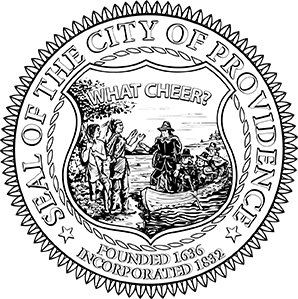Five-year plan guides how Providence will invest federal funds to strengthen housing, neighborhoods and services for residents in need
PROVIDENCE,RI – The Providence Department of Housing and Human Services has released the City’s Draft 2025–2029 Consolidated Plan for public review and comment. This five-year strategic planning document, which is required by the U.S. Department of Housing and Urban Development (HUD), outlines how Providence will invest federal funds to support housing, community development, economic opportunity, and public services for low- and moderate-income residents. The plan covers the use of funds from the Community Development Block Grant (CDBG), HOME Investment Partnerships Program (HOME), Emergency Solutions Grant (ESG), and Housing Opportunities for Persons with AIDS (HOPWA).
“Year after year, CDBG funding is one of our most powerful tools for strengthening neighborhoods and supporting neighbors in need,” said Mayor Brett P. Smiley. “As these critical programs face continued threats at the federal level, it’s more important than ever for cities like Providence to demonstrate how effectively we put these dollars to work in our communities.”
Residents and stakeholders are invited to review the draft and submit feedback during the public comment period, which ends on August 2, 2025. A public hearing will also be held on Wednesday, July 16, 2025 at 444 Westminster St., Providence at 5:00 pm. The public hearing offers an opportunity for residents to provide feedback on the proposed plan and its priorities. Alternatively, the public may submit written feedback by email to amcdermott@providenceri.gov or by mail to the Providence Department of Housing and Human Services, Attn: Alyssa McDermott, 444 Westminster Street, Suite 3, Providence RI 02903.
Key priorities outlined in the plan include:
- Expanding affordable rental and homeownership housing
- Preserving and rehabilitating existing housing stock
- Addressing homelessness through housing-first approaches and supportive services
- Improving neighborhood infrastructure such as sidewalks, parks, and community facilities
- Supporting residents living with HIV/AIDS
- Promoting economic opportunity through small business support and workforce development
- Funding public services including health, education, childcare, and violence prevention

